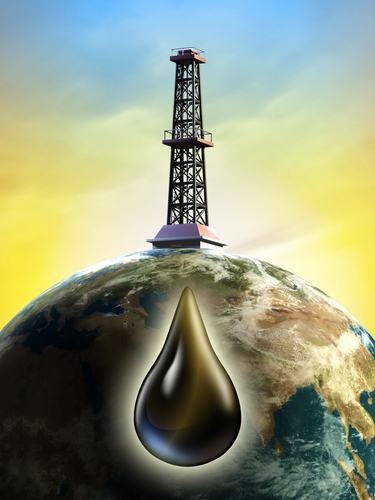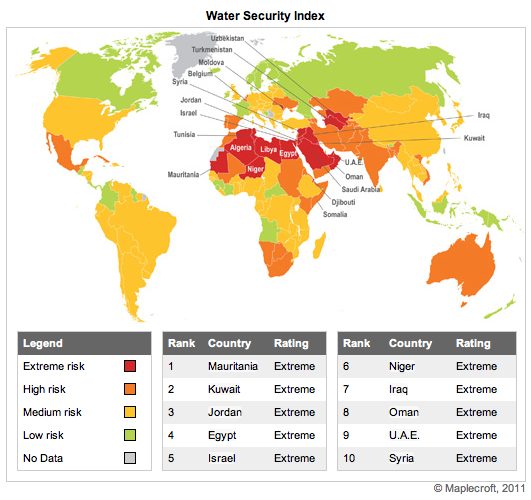We have covered the BP oil spill extensively over the past two years.
For companies it was one of the most dramatic lessons in the dangers of excessive risk taking and showed just how much damage can be done — to a reputation, the environment and the families of those who died in the explosion — when a company displays a “pattern of neglect and corner cutting.” We’ve looked at the risk management lessons of the spill, the events leading up to the Deepwater Horizon explosion, how the rig’s blowout preventer failed, and how conflicts of interest hinder offshore drilling regulation.
Now — after a Greenpeace Freedom of Information Act request has finally uncovered some previously unreleased images — we look at the heart-breaking ecological damage of the spill.
Here is what is presumably a government worker cleaning up some of the dead animals that were killed by the oil that filled the Gulf of Mexico. Mother Jones has a gallery of many more explicit photos showing just how badly some endangered sea turtles were covered in crude.




